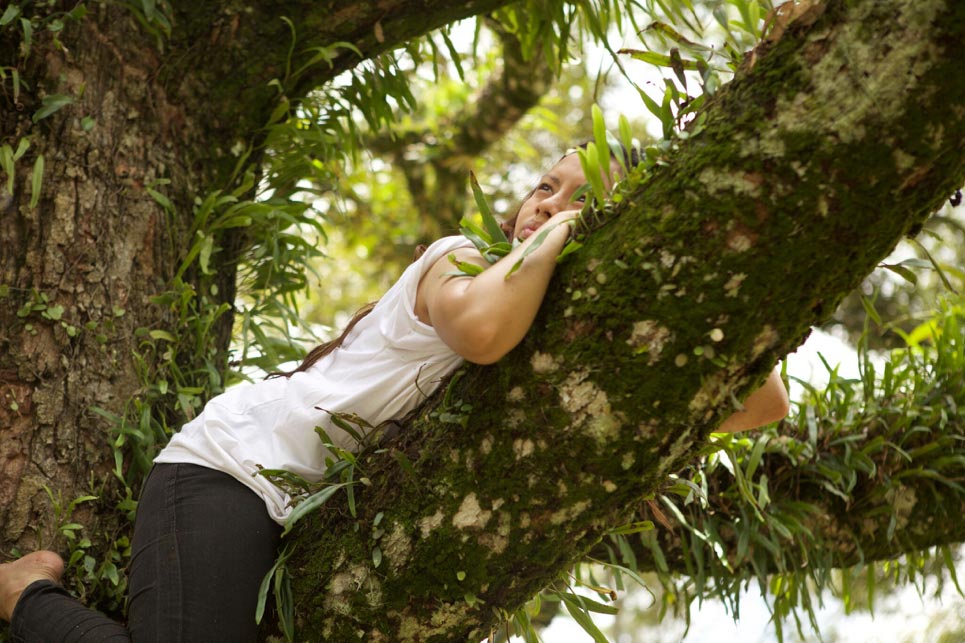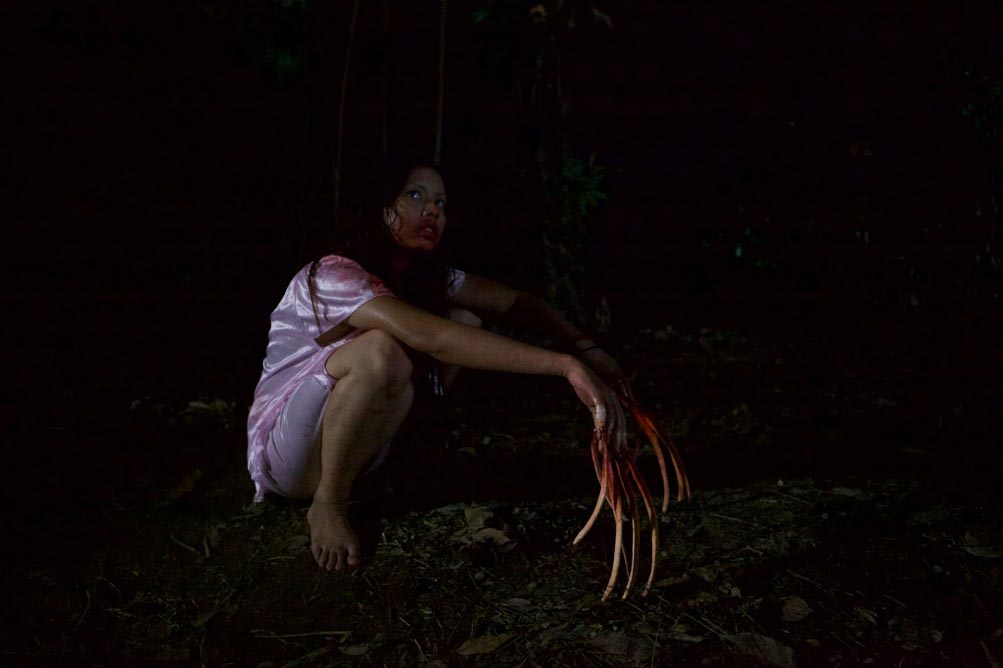By Nature, or By Choice?
Never have I ever felt more like a bumbling fool of a man – watching Amanda Nell Eu’s It’s Easier to Raise Cattle is definitely a humbling experience where we are forced to admit that there is much we leave undiscussed about the female psyche. Despite Eu’s demystifying portrayals of the sisterhood between two teenage girls in a rural Malaysian town, the filmmaker does seem to impose a certain prejudice onto the audience just by the title alone – simply put, females (rightfully so) cannot be perceived like animals, and there has to be a vision of resistance against such misogynistic sentiments.
The universality of the empathy found in Rahmah’s gaze at her older companion, filled with admiration but also boundless care, is the most apparent assertion the filmmaker makes about the nature of women. It might be a stretch to extrapolate the tenderness of her perspective to assume that the female gaze is ultimately empathetic. Yet, there is much consistency in how Rahmah never chooses to regard her companion with reproach despite her questionable activities, which can be interpreted to be either an innate compassion, or an active choice.
Another point of subtle subversion in ideals of femininity are seen by the director’s choice of locale – the only scenes in which the teenage girls are depicted in a domestic environment exude a sense of institutionalised repression in the form of the patriarchal household. This comes in stark contrast to their supposed freedom in the woods, where they can dance, smoke and indulge in whatever carnal desires they may “shockingly” have. It is in these woods in which open communication seems to be encouraged, as compared to the secrecy and order so evident in the household which one would ordinarily associate with comfort.
These vignettes of uninhibited expression in the woods are very reminiscent of 19th Century Romantic paintings, in which the individual is allowed to exist fully in nature, brimming with their potential of actualisation. Yet, whatever symbolic form this actualisation takes for the girls, there is never a sense of resistance or even horror, which would be typical in a film shaped by the male gaze.

The girls, whilst physically comfortable in this environment, do show bouts of uncertainty, which do foreshadow that the woods can only be a brief reprieve from the reality of poverty which they have to face eventually. This is seen clearly in how the older girl exploits herself to make some form of income, both explicitly and implicitly in multiple scenes. Hence, the lines are blurred, as we no longer are able to distinguish if their actions are catalysed by a manifestation of their inherent beings, or a self-initiated imperative to change their own circumstances.
There is also the question of realism that complicates this discussion even further – are we to regard this tale as dictating fact or a strictly personal experience? Eu does not use close-ups sparingly, and even the depiction of the woods can be said to be pathetic fallacy when confusion besets Rahmah. There is a tint of fantasy through the colour grading of the film which also suggests that we are spectating a subjective account through the eyes of Rahmah. Is Eu’s goal really to help us understand the dichotomy between nature and choice in females, or is she merely recounting a personal story of teenage sisterhood?
Yet, perhaps I have been approaching this question myopically – why can’t it be the case in which these characters are shaped both by their nature and the nurture from each other? There are, after all, adolescents, and we shouldn’t seek to classify the evolution of their personalities to be something dogmatically black and white in an attempt to understand the depth of their personae.

The unapologetic veracity of this film does not employ a confrontational feminist approach to counter perspectives which destructively deconstruct femininity, instead using empathy to educate and influence, but most importantly to help us enjoy adolescent femininity in that process too.

